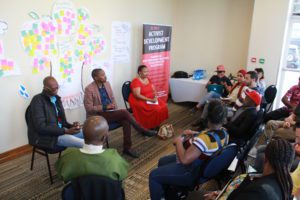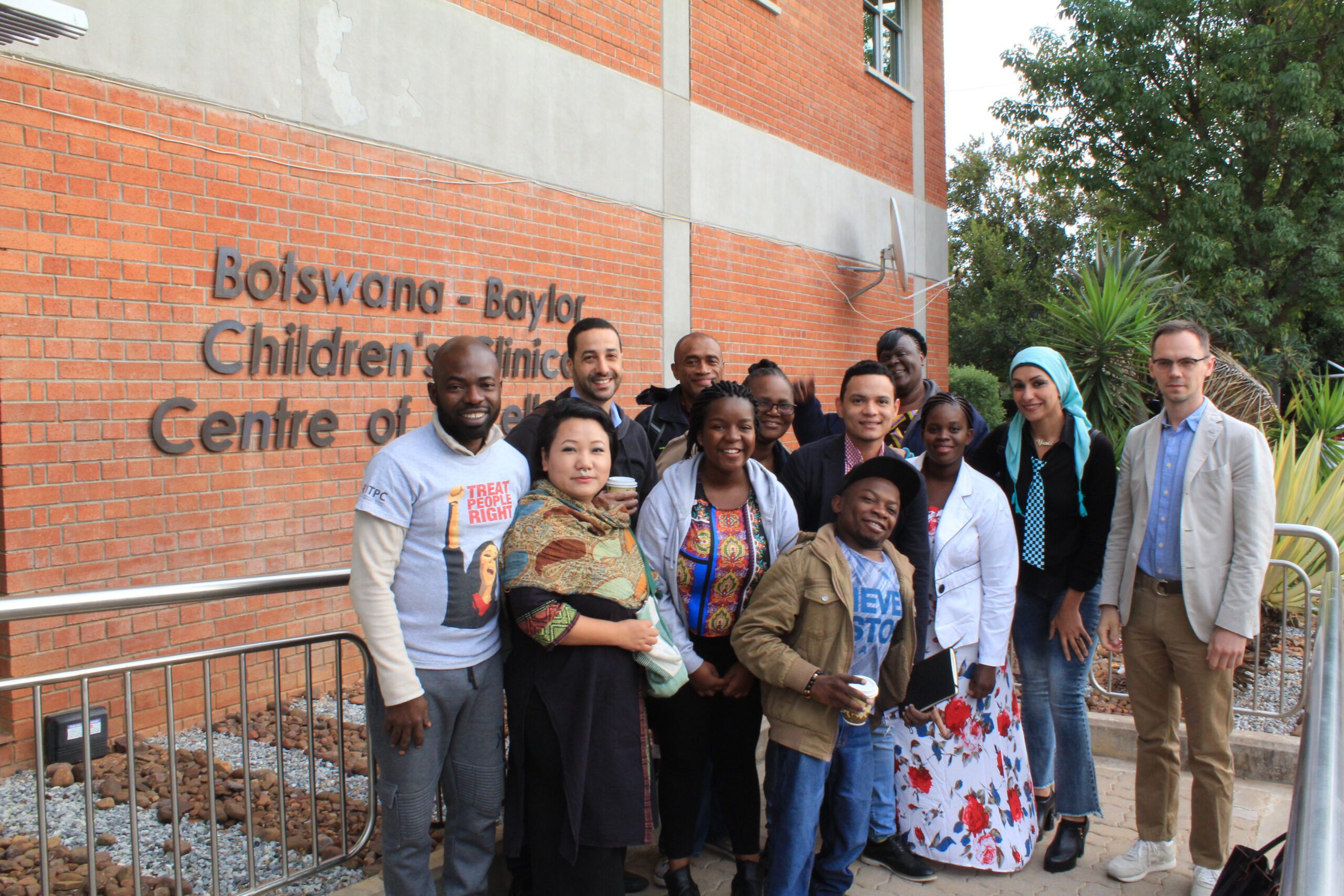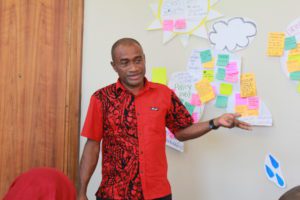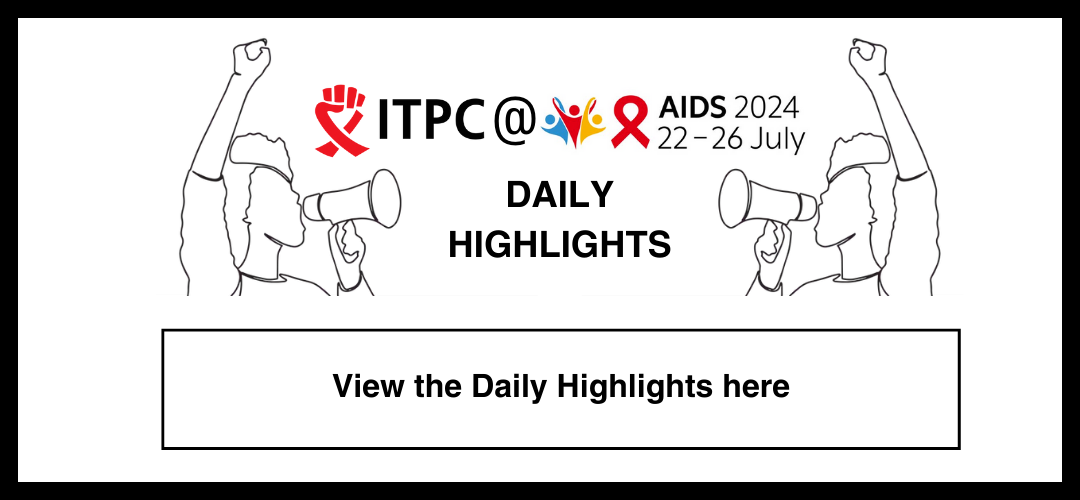In June 2018, ITPC launched a new initiative called the Activist Development Program, aimed at capacitating and empowering activist around the world to fight for better health.
Over the last 15 years, ITPC’s work has focused on expanding access to HIV treatments and other life-saving medicines has made us a model of excellence in direct treatment education, informed and vocal advocacy, and national community monitoring of health care access. As a global activist network, we want to continue investing in the energy, skills, and informed action of people living with HIV working together for equity in medicines and health. As such, we are launching a new program called the Activist Development Program (ADP), aimed at capacitating and empowering activists across the world to do this work.
 On 4-8 June 2018, ITPC kicked off the Activist Development Program with an inaugural learning exchange in Gaborone, Botswana – bringing together 10 of the world’s fiercest activists for a one-of-a-kind experience.
On 4-8 June 2018, ITPC kicked off the Activist Development Program with an inaugural learning exchange in Gaborone, Botswana – bringing together 10 of the world’s fiercest activists for a one-of-a-kind experience.
The ADP Fellows included activists from Nepal, Panama, Ukraine, Zimbabwe, Algeria, Fiji, Nigeria, Morocco, Botswana, UK, and Kenya.
 The five-day learning exchange included intense knowledge building, advocacy planning, team-building and networking. Sessions and group exercises focused on issues ranging from the science of HIV and treatment of NCDs, to the late-breaking issues around dolutegravir (DTG) and storytelling for advocacy. ADP fellows also benefited from a day-long field visit to Gaborone’s public health facility, where they experienced first-hand the laboratory set up for routine viral load and genetic resistance testing.
The five-day learning exchange included intense knowledge building, advocacy planning, team-building and networking. Sessions and group exercises focused on issues ranging from the science of HIV and treatment of NCDs, to the late-breaking issues around dolutegravir (DTG) and storytelling for advocacy. ADP fellows also benefited from a day-long field visit to Gaborone’s public health facility, where they experienced first-hand the laboratory set up for routine viral load and genetic resistance testing.
The learning exchange also focused heavily on sharing experience and best practices – highlighting common challenges experienced across different regions and contexts. ADP fellows from both Fiji and Nepal spoke ardently about stock-outs and the failure of national programs to transition away from the use of toxic, sub-optimal drugs. Fellows in Egypt and Ukraine talked about the intellectual property barriers and their implication on access to medicines in their countries.
“I never thought I would meet an activist from the opposite side of the world who is going through exactly what I’m going through. Stock-outs, no viral load test. We have the same problems and maybe we can learn from each other to find the solutions.” — Fiji
Over the course of the two-year program, the fellows will continue to meet through a series of in-person learning exchanges and on-going virtual support.
The goal is to equip them with the technical knowledge, leadership skills, and network support needed to take ownership of a large role in activism within their local context.
Anyone who thinks activism is dead, is in for a rude awakening!

 “I never thought I would meet an activist from the opposite side of the world who is going through exactly what I’m going through. Stock-outs, no viral load test. We have the same problems and maybe we can learn from each other to find the solutions.” — Fiji
“I never thought I would meet an activist from the opposite side of the world who is going through exactly what I’m going through. Stock-outs, no viral load test. We have the same problems and maybe we can learn from each other to find the solutions.” — Fiji 